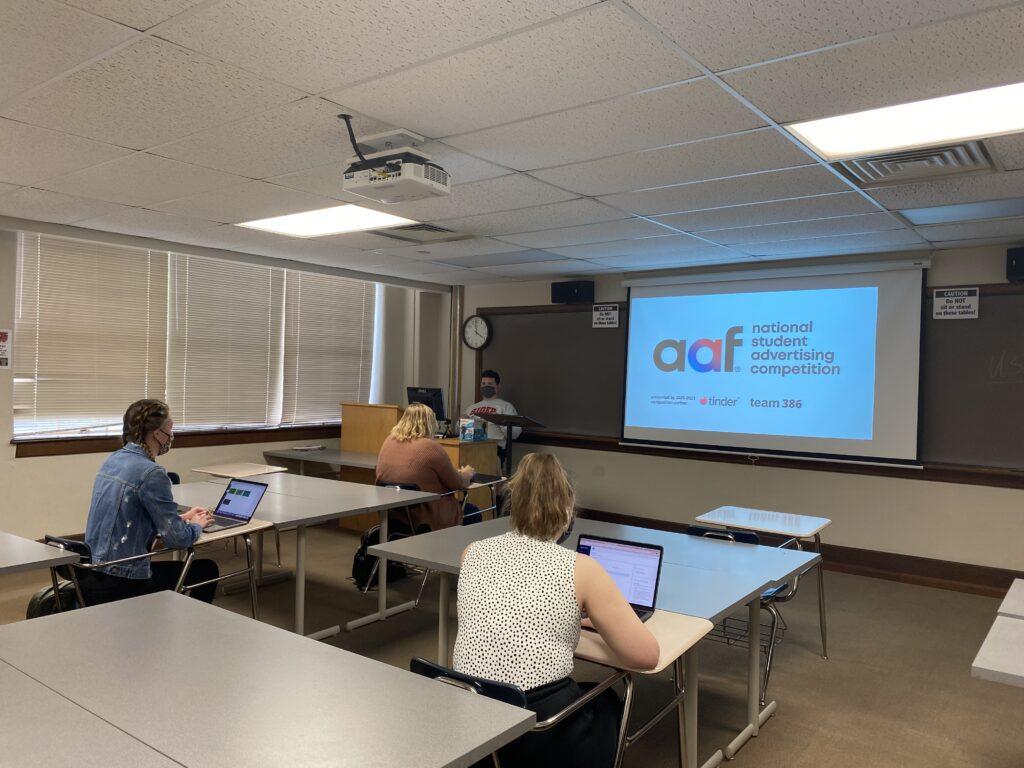Many public institutions have made voter awareness and confusion on voting ballots an issue of increasing magnitude.
Drew Seib, visiting professor of the department of government, law and international affairs, presented research pertaining to the consequences of lengthy ballots on the ability of voters to learn about candidates at a panel discussion in Faculty Hall on Sept. 26.
He said although his project is meant to explore the struggles voters face with ballots, it is also meant to bring awareness to college students about voting.
“I think there is an expectation that universities will encourage voting registration,” Seib said. “Therefore we are being proactive and encouraging students.
“Given voters’ limited cognitive abilities, the variance in the type of learning environments voters face may have implications for how voters learn about candidates and make decisions.”
He said the size of the ballot depends on the size of the area in which a person chooses to vote.
Some voters only have to sift through information for a few elections he said, while others must sift through more.
“Given the challenges campaign environments impose on people, voters often adapt information search and acquisition strategies,” Seib said. “This project explores the consequences of lengthy ballots on the ability of voters to learn about candidates.”
In order to test voter cognitive abilities, Seib created a mock election using an experimental design and a dynamic information board. Subjects who participated in the mock elections were asked to gather information about a single election or multiple elections. Seib said the results of the mock elections indicate ballot length matters.
“More broadly, the results question the ability of voters to live up to classical notions of the good democratic citizen and suggest that the design of elections in the United States may be in part to blame for the uninformed voter,” Seib said.
Winfield Rose, professor of humanities and fine arts, attended the colloquium with several other faculty members. One of his thoughts following the presentation concerned party identification.
“Many voters will rely on party labels for their decisions to vote because they don’t have to do all the research on the other candidates,” Rose said. “Those who vote independently, however, do not have the ability to make a simple party-identified decision.”
Seib encouraged every member of the University to be aware of ballot confusion and to prevent it by researching candidates.
Story by Alex Berg, Staff writer.

























































































